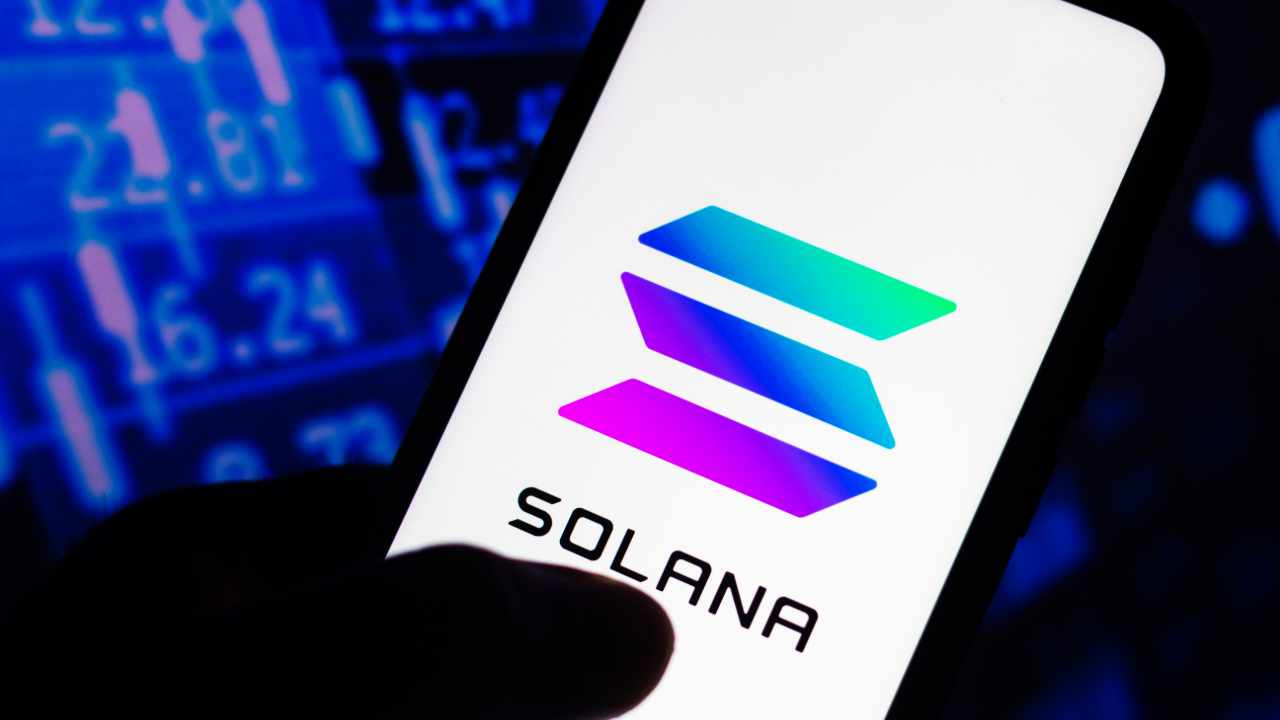New Lawsuit Claims Solana Is Unregistered Security — ‘Investors Have Suffered Enormous Losses’

A class-action lawsuit has been filed claiming that cryptocurrency solana (SOL) is an unregistered security under the Howey test. “The specific facts and circumstances relating to SOL securities support the conclusion that SOL is a security under the Howey test,” the plaintiff argued.
Solana Is a Security, Lawsuit Claims
A lawsuit, filed on July 1 in the U.S. District Court for the Northern District of California, claims that cryptocurrency solana (SOL) is an unregistered security. Lead plaintiff Mark Young, a California resident and SOL investor, is suing on behalf of himself and all investors who purchased solana tokens from March 24, 2020.
The defendants named in the lawsuit are Solana Labs Inc., the Solana Foundation, Solana Labs CEO Anatoly Yakovenko, Multicoin Capital Management LLC, Kyle Samani, and Falconx LLC. The lawsuit states:
Defendants made enormous profits through the sale of SOL securities to retail investors in the United States, in violation of the registration provisions of federal and state securities laws, and the investors have suffered enormous losses.
The lawsuit alleges that the defendants deliberately made false or misleading statements regarding solana’s total circulating supply and its decentralized nature. It adds that Solana’s blockchain network is prone to “devastating outages” and network congestion.
The plaintiff alleged that Multicoin Capital Management and Kyle Samani “relentlessly promoted SOL securities, after purchasing them for $0.40 in 2019.” They subsequently “offloaded millions of dollars of SOL securities on retail investors” using OTC trading desks such as Falconx to act as a broker for the sale, he further detailed.
SOL is currently the ninth-largest cryptocurrency by market capitalization. At the time of writing, solana is trading at $36.83, down 7% over the past 30 days. SOL hit an all-time high of $260.07 in November last year, based on data from Bitcoin.com Markets.
Noting that on April 3, 2019, the U.S. Securities and Exchange Commission (SEC) published a “Framework for ‘Investment Contract’ Analysis of Digital Assets,” the lawsuit claims:
The specific facts and circumstances relating to SOL securities support the conclusion that SOL is a security under the Howey test.
The plaintiff is seeking compensation for all damages sustained as a result of the defendants’ wrongdoing and a declaration that solana is a security and that the defendants’ unregistered sales of SOL securities violated applicable laws.
Last month, a lawsuit was filed against Binance.us claiming that algorithmic stablecoin terrausd (UST) and cryptocurrency terra (LUNA) are both unregistered securities. In March, Coinbase was sued for allegedly selling 79 unregistered crypto securities, including SOL.
SEC Chairman Gary Gensler has repeatedly said that many tokens are unregistered securities. Meanwhile, the regulator is still in an ongoing lawsuit with Ripple Labs and its executives over XRP, which the SEC views as an unregistered security.
What do you think about this lawsuit alleging that solana is a security? Let us know in the comments section below.
Image Credits: Shutterstock, Pixabay, Wiki Commons, rafapress / Shutterstock.com
Disclaimer: This article is for informational purposes only. It is not a direct offer or solicitation of an offer to buy or sell, or a recommendation or endorsement of any products, services, or companies. Bitcoin.com does not provide investment, tax, legal, or accounting advice. Neither the company nor the author is responsible, directly or indirectly, for any damage or loss caused or alleged to be caused by or in connection with the use of or reliance on any content, goods or services mentioned in this article.
Read disclaimer
Comments are closed.